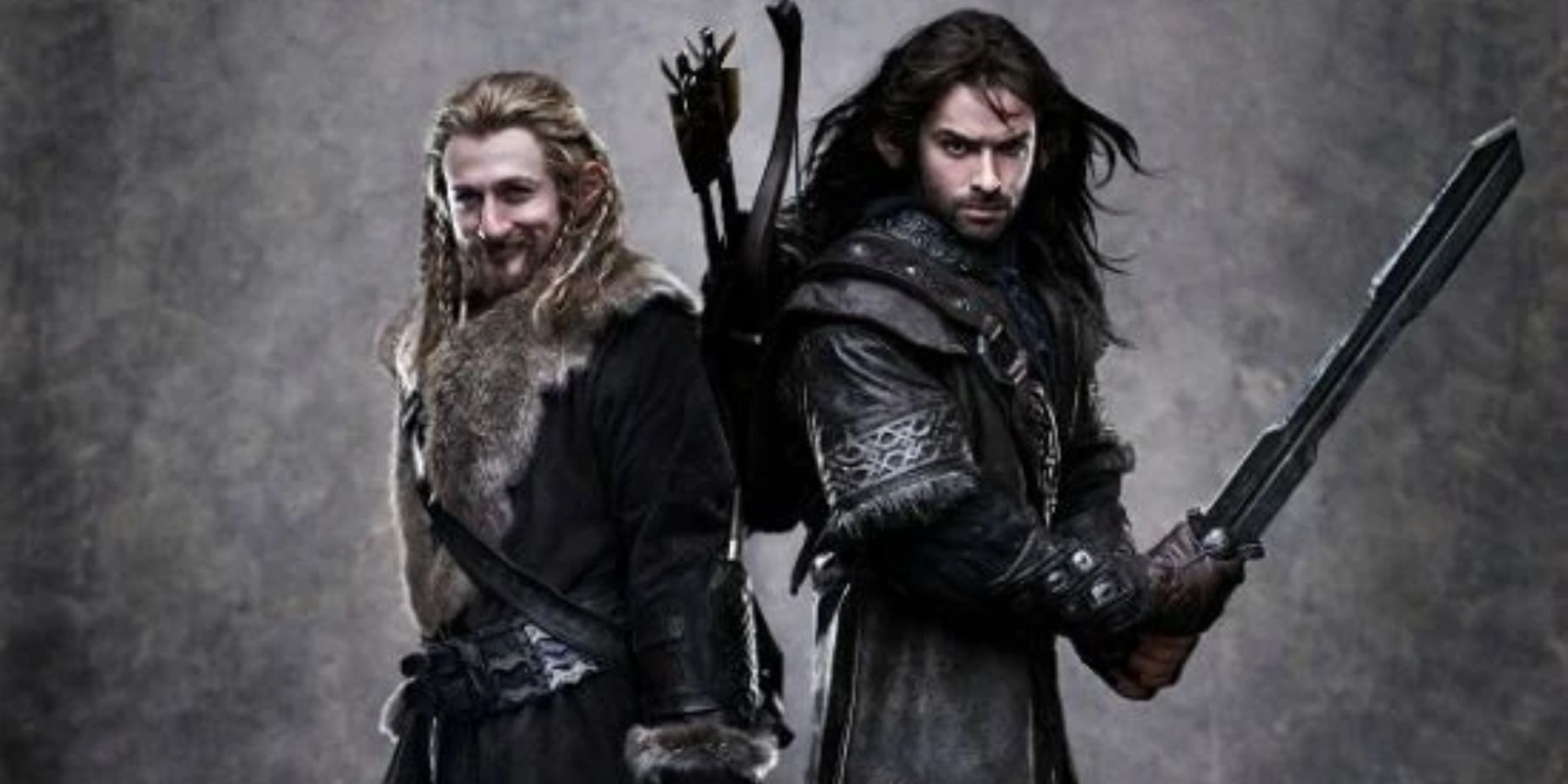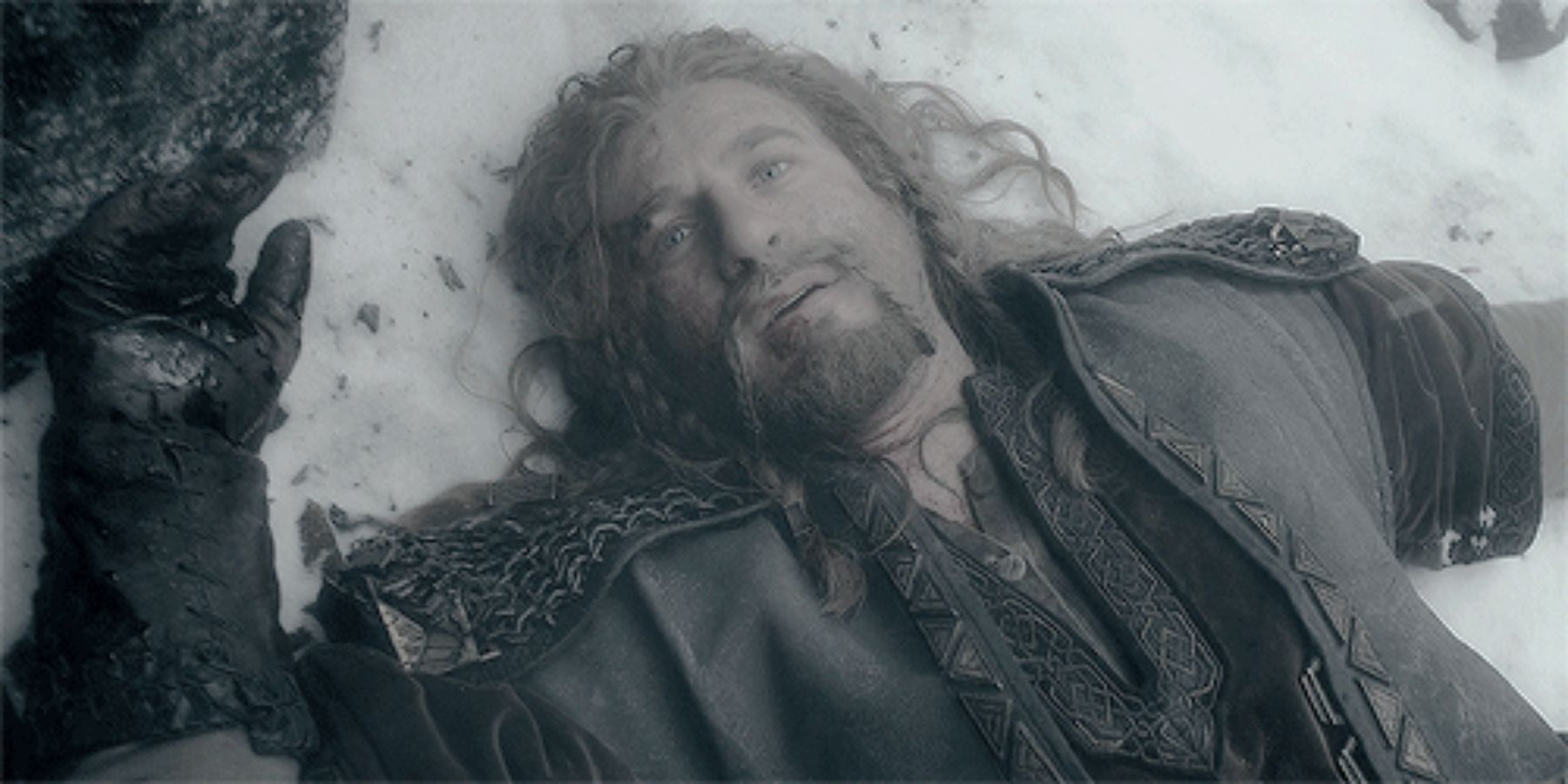There are so many characters in The Hobbit film trilogy that are marmite to the audience: they are either loved or hated. This is especially true of character additions that weren’t in the original books, like Tauriel and all the problematic feminist theory surrounding her character; or Alfrid, who is basically just there to add in some slapstick comedy that many fans feel cheapens the movies. But of the good characters, the characters who are true to Tolkien’s work and themes, there is not enough. Much of the extra running time was taken up with whimsical and unrelated storylines, as well as unnecessary and overdramatized fight sequences.
This is especially the case with the thirteen dwarves who, although they don’t have particularly strong personalities in the book either, could have benefited from some more time and attention from the creative team behind the films. Each of Thorin’s companions has their own personality, their own history, their own story, but these become lost in the grander scheme of the far-fetched plot that Peter Jackson and the writers invented. This means that unfortunately, some characters who could have been absolute gems, just got lost in the background. One clear example is Fili.
So much time was devoted to Kili and the development of his love for Tauriel the she-elf, and the subsequent triangle with Legolas, that Fili is completely overshadowed by his brother. But interestingly, Fili is actually the older of the two, and next in line as king under the mountain if anything happens to Thorin. Considering this, there are some really compelling storylines that could have taken place around the pressure that he feels to live up to Thorin’s expectations, to be a good leader in his stead, and to uphold his family honor.
Fili has so many layers to his personality. There is the goofy side that he has when joking around with his brother and challenging him to silly duels, but also the protective side that he feels when Kili is poisoned with the orc arrow. There is Fili’s inquisitive side, his need to learn from the elder dwarves around him who he deeply respects. He has his warrior side, his sentimental side, and his loyal side, both to the companions he journeys with, the quest they vowed to complete, and to their mother, whom he promised he would bring Kili home safely.
In many ways, Fili is overshadowed by lots of decisions in the films, including the focus on his brother and Tauriel, and also him being second to Thorin. As a result, the audience never really gets to see the many sides of his character play out on screen, which means that the emotional resonance doesn’t land the way it should. For example, in the Lord of the Rings, one of the most beloved characters of the whole trilogy is Faramir, because the audience can relate to him. They feel for him when they see him being belittled by his father first hand, always compared to his brother, and always falling short, despite being the stronger and better man in many ways.
If just a little time had been given in The Hobbit movies to these sorts of relationship dynamics between Fili and Kili, and Fili and Thorin, it would have enriched the storyline and the characters' personalities. This would in turn have made it all the more crushing when Fili goes off to scope out the danger in Ravenhill, is murdered by Azog, and then his lifeless body is dropped at Kili’s feet. This is one of the most awful and tragic deaths in any of the films, yet it doesn't strike as deep in the hearts of the audience as other deaths, like that of Boromir. That's because there hasn't been enough time taken to make the audience fall in love with Fili's character, who is made to feel irrelevant in comparison to Kili and to Thorin.
In overshadowing important characters like this, Peter Jackson lost in The Hobbit films what made the Lord of the Rings trilogy so golden: the bonds that bind. The Lord of the Rings is all about love and loyalty, the ways in which humanity can redeem itself of the troubles in the past by standing up for what’s right, and by working together for a better future. There are hints of this message in small moments in The Hobbit films, especially where Bilbo is concerned, which brings back a little of what makes the first trilogy so special. But if the team had spent a little more time carefully selecting the characters that they focused on, and the stories that they chose to tell, perhaps they might have seen a little more of that old magic, which felt so sadly lacking in The Hobbit trilogy.

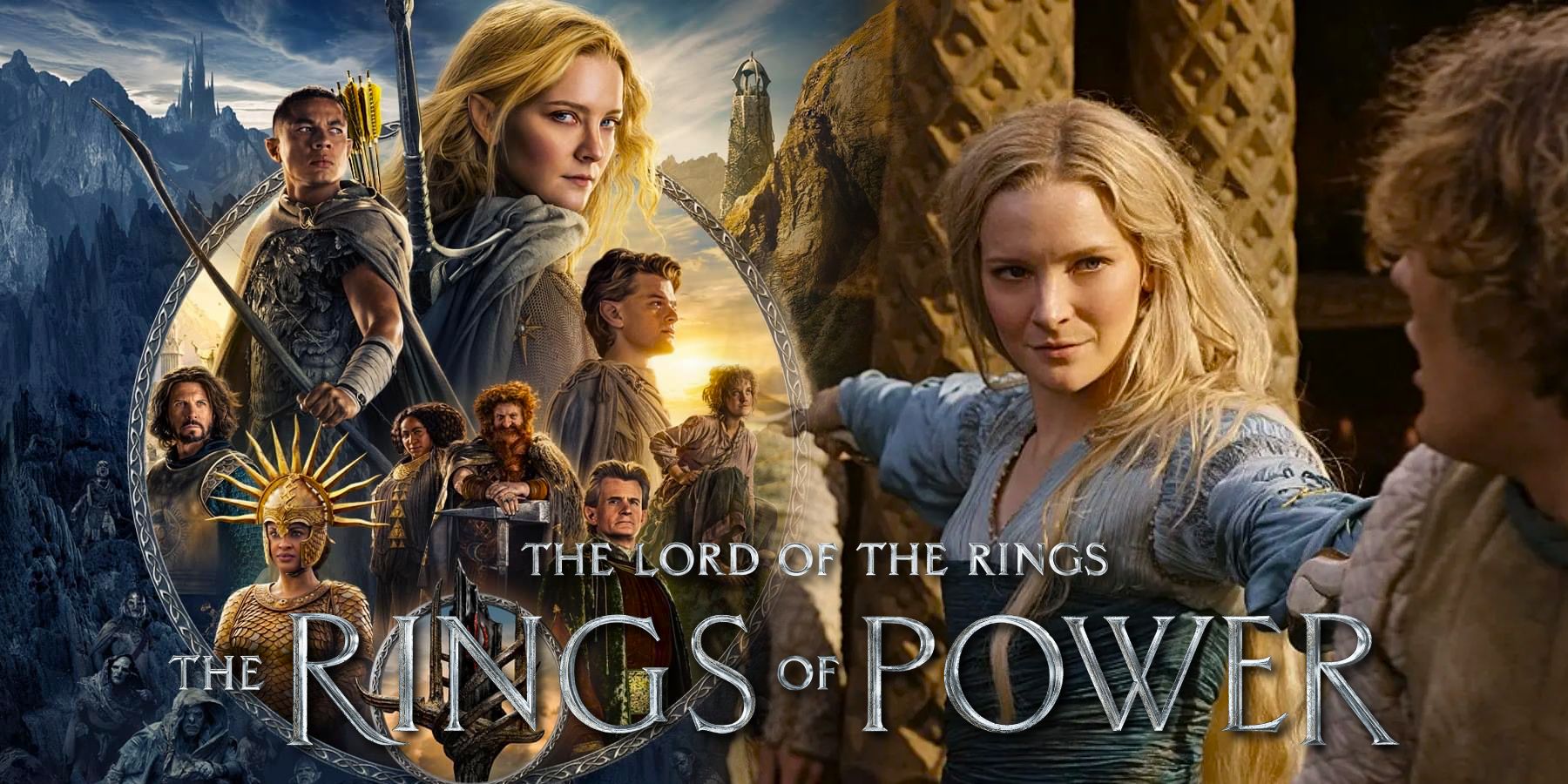
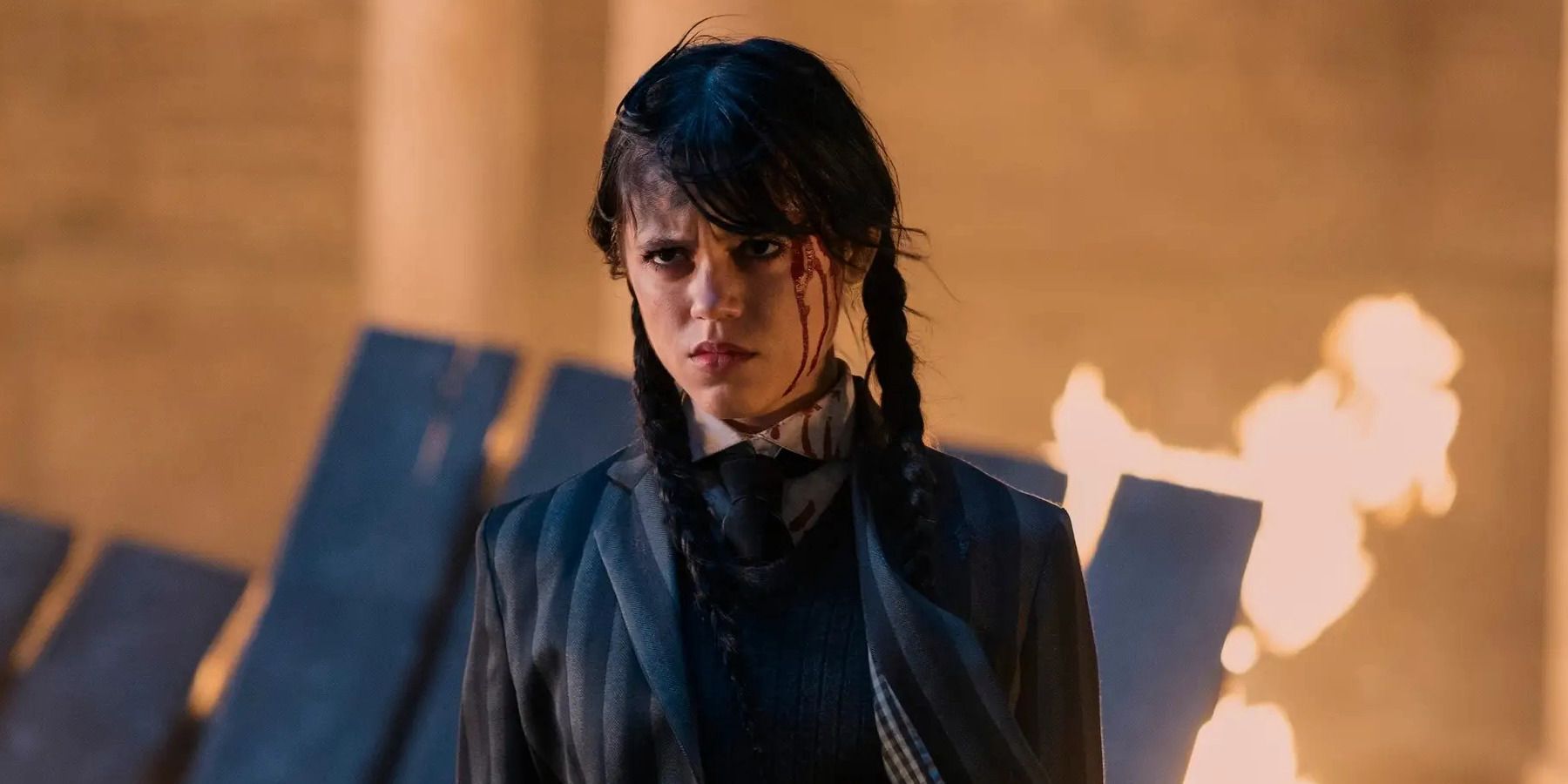
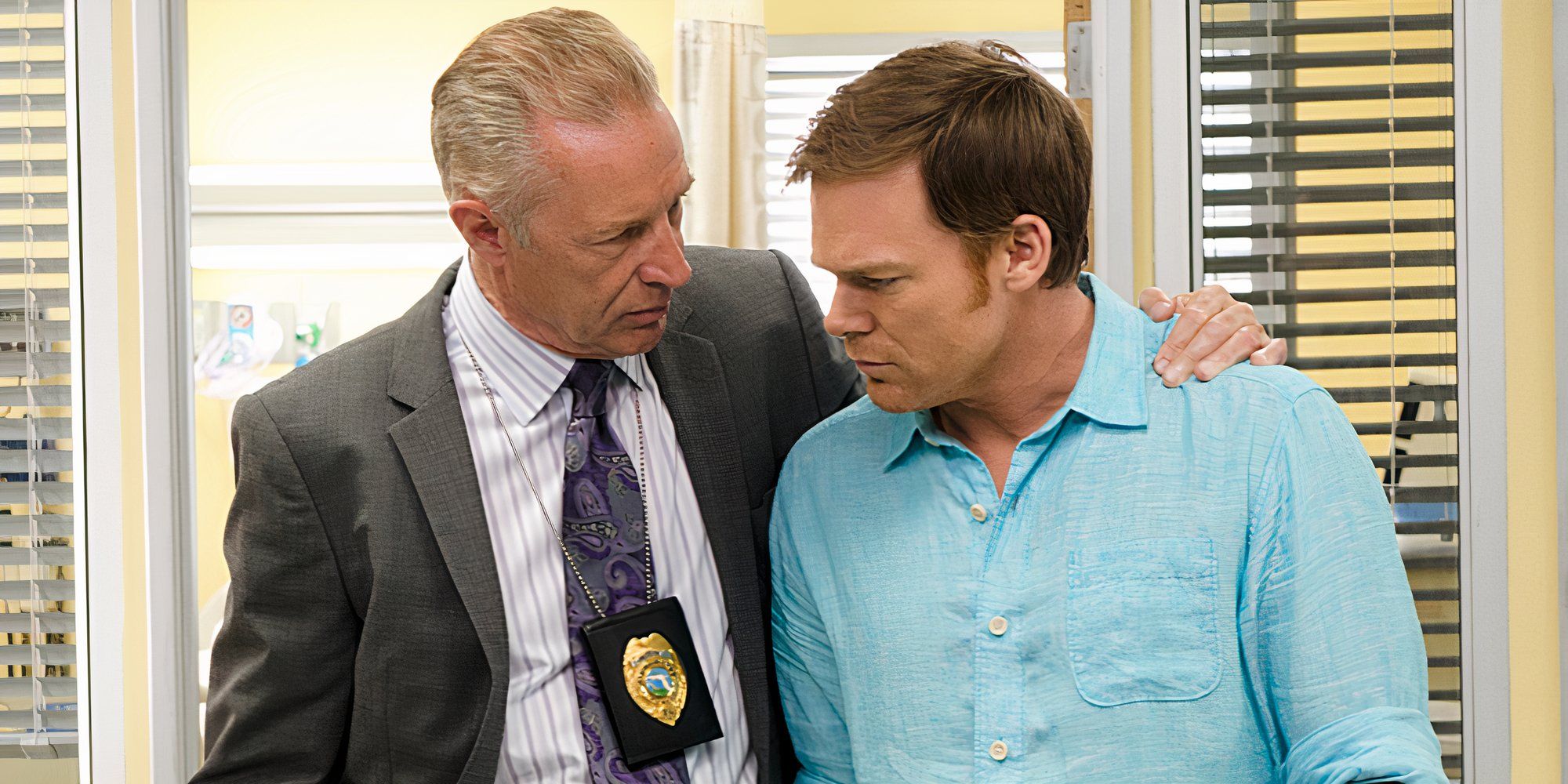
.jpg)
